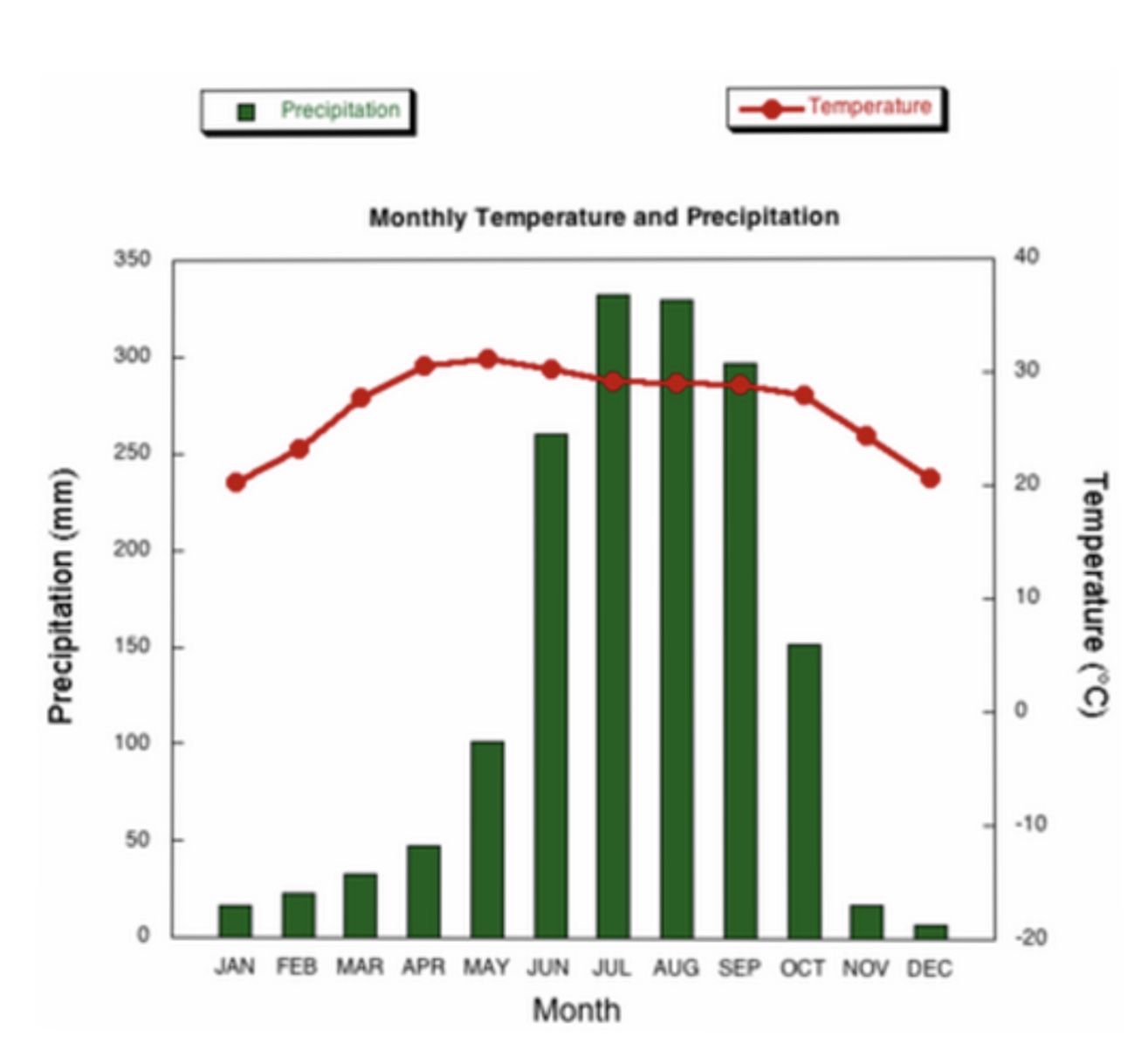Writing Feedback /
{IELTS} Task 2: agriculture, famine [3]
I know it's too long...I didn't count the number of words as I wrote but may I know if marks will be deducted because of this? If you're a teacher, please help grade it too. Thanks for all of your help!
starvation phenomenon in the modern world
Question: In spite of the advances made in agriculture, many people around the world still go hungry. Why is this is case? What can be done about this problem?
My answer:It appears that despite the improvements in farming over the past decades, famine remains an inevitable issue across the globe, especially in developing countries. The endeavours of the top scientists put in to ameliorate this situation are seemingly not paying off. This essay points out the causes of this and its possible solutions.
One major reason behind this phenomenon is the misconception of the word 'equity', which is often mixed up with 'equality'. While the latter emphasises on everyone receiving equal amounts of items, equity focuses on allowing everybody to get the amount they need. Although advances are made in agriculture, countries are merely following the concept of 'equality', distributing the extra yield of crops and food to developed and developing countries equally, thereby not narrowing the disparity in number of crops received by powers. In other words, countries vulnerable to starvation are still prone to it. Therefore, improvements made in this industry does not alleviate this problem.
Moreover, advances and new technologies are mostly in rich countries which further exacerbates the problem. Many farmers in developing countries lack the know-how of utilising the advancements, nor have they received much aid from developed countries. As a result, they remain heavily dependent on the exports of rich powers but due to the low capital, they are unable to buy much. This becomes a vicious cycle in which those suffering from famine and poverty never get to improve their quality of life.
Everything is better late than never; so is putting a solution into action. To tackle a problem, the prerequisite is to target the causes. Hence, the very first step is to promote the idea of equity. When governments are willing to distribute the extra food and resources to assist poorer countries, if you are citizens they will experience starvation. They will also be able to increase the GDP and in turn, provide aids to developed countries. Besides, the corporation of all nations is imperative and should be encouraged. More countries will be benefitted, with the famine problem also ameliorated.
In short, should countries make every endeavour to confront this from its root causes, starvation will be reduced and improvements in agriculture will belong to every nation of the world.
(369 words, 37.5 mins)

